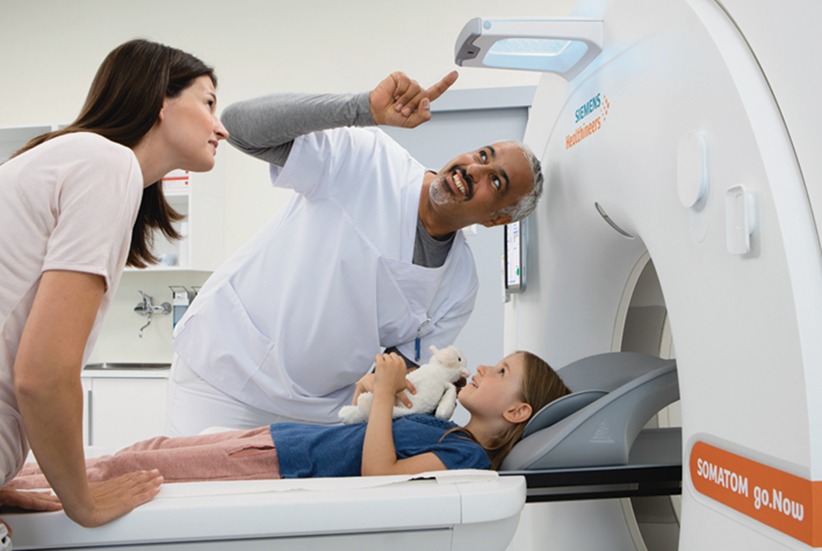
Radiology department
The Radiology Department is a critical branch of medicine that specializes in diagnosing and treating diseases using medical imaging techniques. Radiologists use various imaging technologies to visualize internal organs and structures, aiding in accurate diagnosis, monitoring treatment progress, and guiding therapeutic procedures.
- 96 slice CT Scan
- Ultrasonography
- 2D-Echocardiography
- 600 ma with DR digital x ray with advance features
- 3D-Echocardiography
Scope of Radiology
Diagnostic Radiology: Uses imaging techniques to diagnose diseases and monitor medical conditions. Interventional Radiology: Minimally invasive procedures performed under image guidance for therapeutic purposes. Nuclear Medicine: Involves the use of radioactive substances for imaging and treatment.
Frequently Asked Questions
Do I need a referral to schedule a radiology exam?
Yes, most radiology exams require a referral from your primary care doctor or a specialist.
How long does a radiology exam take?
X-rays: 5–15 minutes. Ultrasound: 20–60 minutes. CT scan: 15–30 minutes. MRI: 30–90 minutes.
Will I feel pain during the procedure?
Most radiology exams are non-invasive and painless. Some procedures, like biopsies or interventional treatments, may cause mild discomfort, but anesthesia or sedation is provided if necessary.
Is radiology safe?
Yes, radiology exams are generally safe. The radiation dose used in diagnostic imaging is minimal and carefully controlled. Non-ionizing techniques like MRI and ultrasound involve no radiation.
How long will it take to get my results?
Results are typically available within 24–48 hours. However, urgent cases may be expedited. Your referring doctor will discuss the findings with you.
Can I get a copy of my images?
Yes, you can request a copy of your imaging study on a CD, DVD, or through digital access.







